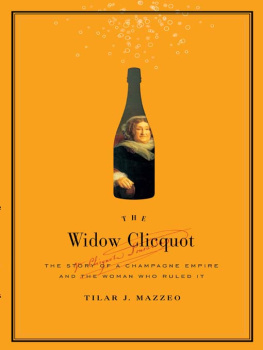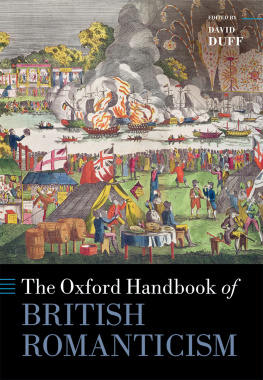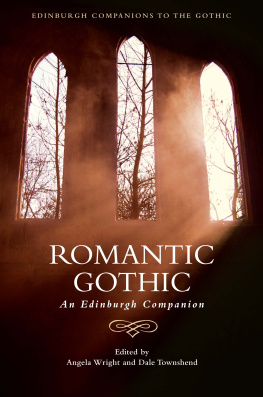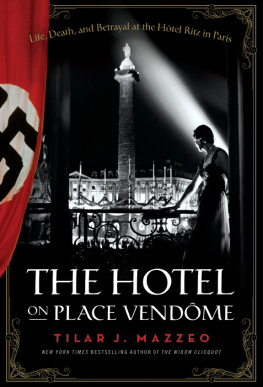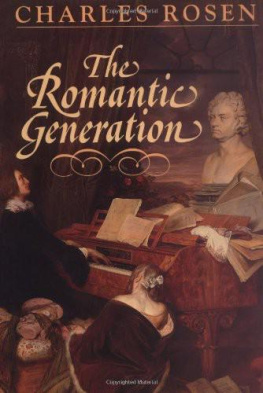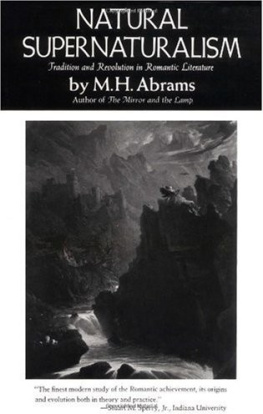>
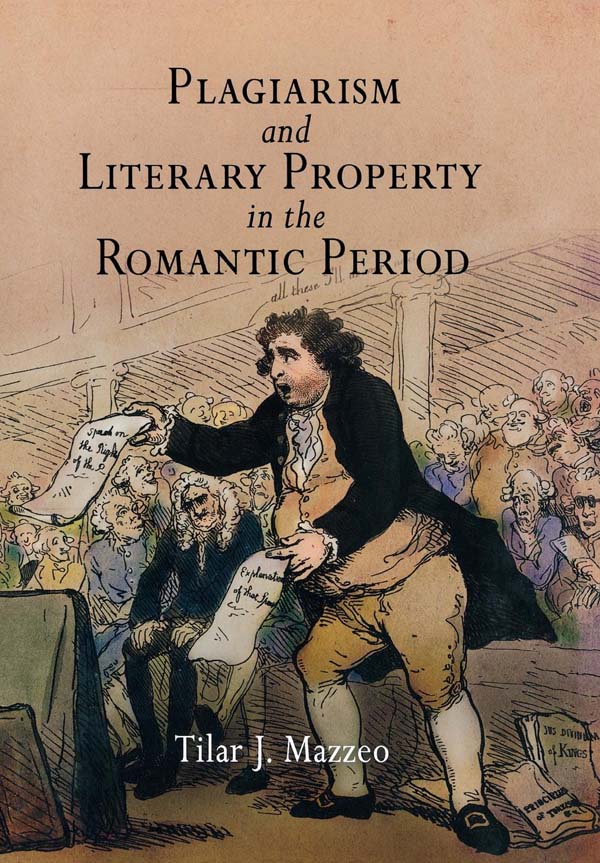
Plagiarism and Literary Property in the Romantic Period
MATERIAL TEXTS
Series Editors: Roger Chartier, Joan DeJean, Joseph Farrell, Anthony Grafton, Janice Radway, Peter Stallybrass
A complete list of books in the series is available from the publisher.
Plagiarism and Literary Property in the Romantic Period
Tilar J. Mazzeo

Copyright 2007 University of Pennsylvania Press
All rights reserved
Printed in the United States of America on acid-free paper
1 0 9 8 7 6 5 4 3 2 1
Published by
University of Pennsylvania Press
Philadelphia, Pennsylvania 19104-4112
Library of Congress Cataloging-in-Publication Data
Mazzeo, Tilar J.
Plagiarism and literary property in the Romantic period / Tilar J. Mazzeo.
p. cm. (Material texts)
Includes bibliographical references and index.
ISBN-13: 978-0-8122-3967-6
1. English poetry19th centuryHistory and criticism. 2. RomanticismGreat Britain. 3. PlagiarismGreat BritainHistory19th century. 4. PlagiarismGreat BritainHistory18th century. 5. Intellectual propertyGreat BritainHistory19th century. 6. Intellectual propertyGreat BritainHistory18th century. 7. Coleridge, Samuel Taylor, 17721834Criticism and interpretation. 8. Wordsworth, William, 17701850Criticism and interpretation. 9. Shelley, Percy Bysshe, 17921822Criticism and interpretation. 10. Byron, George Gordon Byron, Baron, 17881824Criticism and interpretation. I. Title. ll. Series.
PR590.M39 2006
821.709145dc22
2006042194
Contents
Abbreviations
BLJ | Byrons Letters and Journals. Ed. Leslie A. Marchand. 12 vols. Cambridge, Mass.: Harvard University Press, 1974. |
CLSTC | The Collected Letters of Samuel Taylor Coleridge. Ed. E. L. Griggs. 4 vols. Oxford: Oxford University Press, 1959. |
LBCPW | Lord Byron: The Complete Poetical Works. Ed. Jerome J. McGann. 7 vols. Oxford: Clarendon Press, 1980. |
LPBS | Letters of Percy Bysshe Shelley. Ed. Frederick L. Jones. 2 vols. Oxford: Oxford University Press, 1964. |
LWDW | Letters of William and Dorothy Wordsworth. Ed. Ernest De-Selincourt. Rev. Mary Moore and Alan G. Hill. 7 vols. Oxford: Clarendon Press, 1970. |
NMS | Novels and Selected Works of Mary Shelley. Gen. ed. Nora Crook. 8 vols. London: Pickering and Chatto, 1996. |
NSTC | Notebooks of Samuel Taylor Coleridge. Ed. Kathleen Coburn. 5 double vols. New York: Bollinger Foundation, 1957. |
Poetical WW | Poetical Works of William Wordsworth. Ed. Ernest DeSelincourt and Helen Darbishire. 5 vols. Oxford: Clarendon Press, 1949. |
PWS | Poetical Works of Percy Bysshe Shelley. Ed. Mary Shelley. London: Edward Moxon, 1839. |
PWWW | Prose Works of William Wordsworth. Ed. W. J. B. Owen and Jane Worthington Smyser. 3 vols. Oxford: Clarendon Press, 1974. |
SPP | Shelleys Poetry and Prose. Ed. Donald H. Reiman and Sharon B. Powers. New York: W.W. Norton, 1977. |
STC | [The Selected Works of] Samuel Taylor Coleridge. Ed. H. J. Jackson. Oxford: Oxford University Press, 1985. |
TM | Thomas DeQuincey. Samuel Taylor Coleridge: By the English Opium Eater. Taits Magazine (September, October, and November 1834 and January 1835). Rpt. The Collected Writings of Thomas DeQuincey. Ed. David Mason. 2 vols. Edinburgh: Adam and Charles Black, 1854. |
WW | [The Selected Works of] William Wordsworth. Ed. Stephen Gill. Oxford: Oxford University Press, 1984. |
WWSL | The Complete Works of Walter Savage Landor. Ed. Stephen Wheeler. 16 vols. London: Chapman and Hall, 1936. |
Preface
This book reconsiders allegations that the Romantic poets were plagiarists. In many ways, the subject is a treacherous one. Even after some two hundred years, more or less, these charges of plagiarism evoke strong responses. My objective here, however, is not to reignite a familiar controversy, and it is not to defend or to indict either an individual poet or a literary movement. This is not a book about guilt or innocence, although those have been the terms of the plagiarism debate almost since its inception.
Rather, this study sets out to answer what turns out to be a deceptively simple question: What constituted plagiarism in Britain during the late eighteenth and early nineteenth centuries? From this central historical question, a series of other questions inevitably develop, and these become the topics that give shape to the chapters that constitute this book. For if plagiarism did, indeed, mean something different in Georgian Britainand how could it not, in a period where the relationship to literary property was legally, culturally, and historically distinctivethen what was at stake when Romantic-period writers levied these charges against each other? How was the articulation of acceptable literary appropriation framed within British culture? To what extent did the rhetoric of plagiarism intersect with the other eighteenth- and nineteenth-century discourses of inheritance, legitimacy, miscegenation, colonialism, consciousness, gender, class, improvement, and enclosure? Was the relationship between commercial print culture and literary culture, between reviewer and poet, constitutive? Perhaps most importantly, has Romanticisms almost exclusive critical association with the values of self-legislating originality helped to obscure the degree to which these writers were concerned with issues of borrowing, textual assimilation, and narrative mastery over another?
The first chapter of this book begins by considering the critical tradition that has privileged Romantic ideas of the autogenous author to the exclusion of models of coterie or collaborative authorship, and it explains why this tradition has focused so intently on the plagiarisms of a single explores Wordsworths concern regarding the appropriation of his style and voice and examines the charges of plagiarism brought against him in The Excursion in relation to the larger legal discourse of enclosure. Wordsworths rhetorical investment in class metaphors is contrasted with the accusations of plagiarism brought against peasant poets such as Ann Yearsley and John Clare in the periodical press.
This study is an avowedly historicist project, and part of my larger objective here has been to interrogate the limits of historical imagination. Put another way, the theoretical ground that this book attempts to negotiate is this: What would it mean to attempt to judge the literary obligations of Romantic-era writers by the standards of their own national moment? In the most obvious sense, of course, this is an impossible project, but the effort has shaped my critical methodology. For me, in this work, that project began with an effort to forestall interpretation and to listen intently to what Romantic-period writers and critics said about the problem of plagiarism, even when that evidence had nothing to recommend it as obviously momentous or contentious. These initially unpromising researches led to unexpectedly interesting places. For, through an accretive process, I came to realize that these writers were in agreement about something that I could not claim to understand: they


